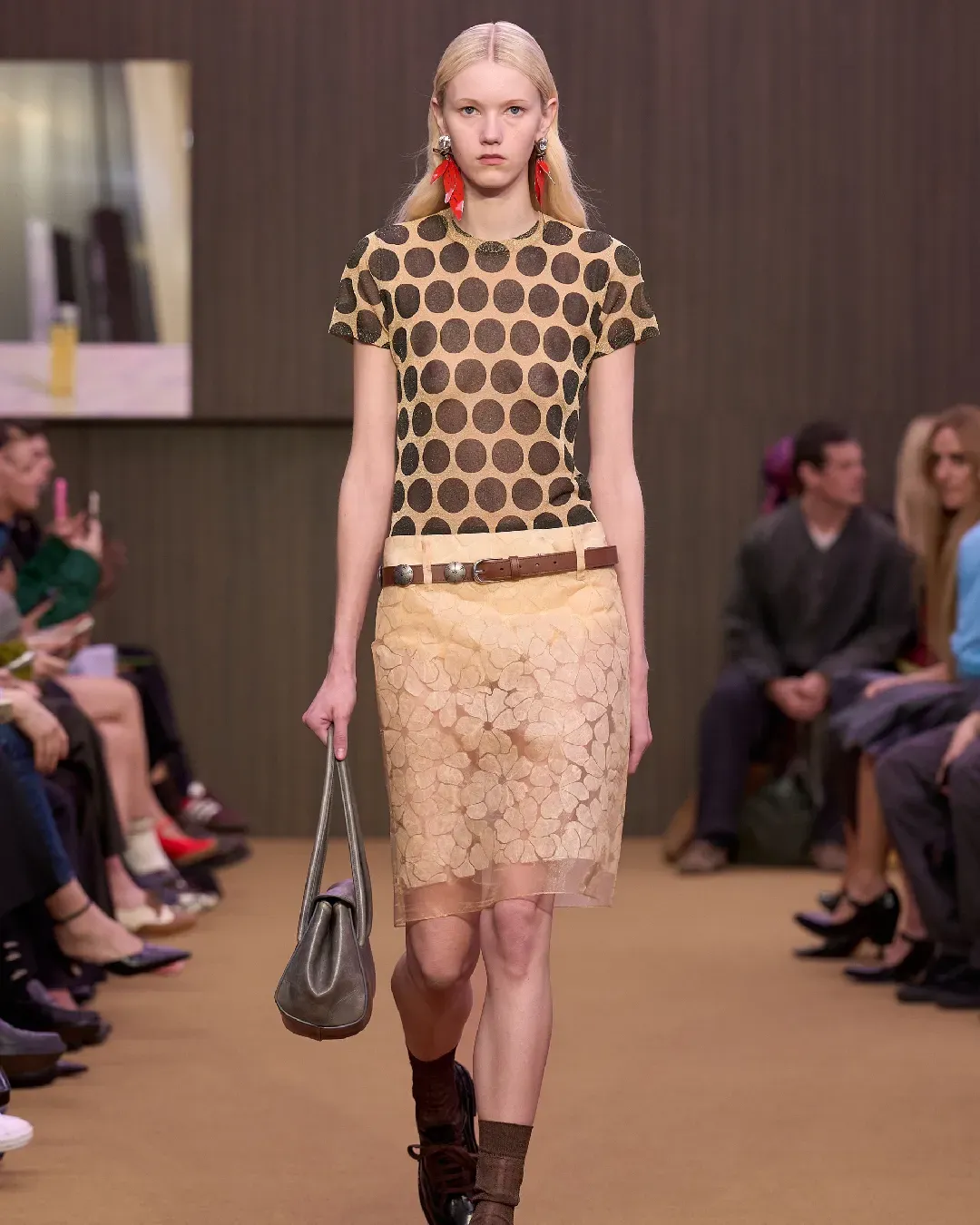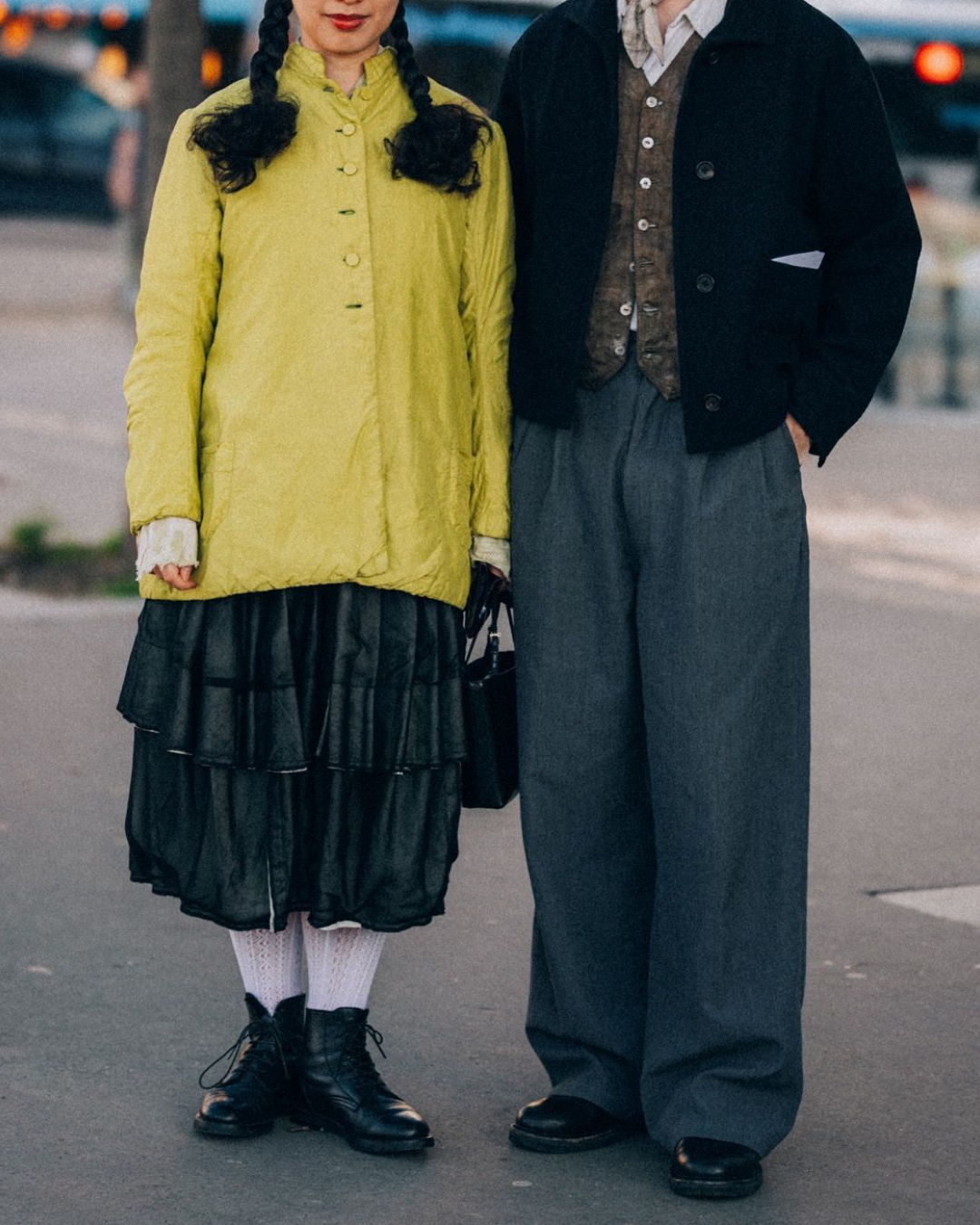
The European Parliament has resolved to tackle the fast fashion problem The EU's new sustainable roadmap
After years of complaints from environmentalists, the institutions finally seem to be taking note of the problem of fast fashion. On Thursday, the European Parliament adopted a series of initiatives to promote sustainability in the fashion industry and to help consumers make more responsible and ethical choices. This is an important step in strengthening the regulatory roadmap set out by the European Commission last year. Parliamentarians stressed the importance of clearly defining the concept of "fast fashion", a low-cost, low-quality, high-volume production model, and also called for tougher measures to tackle the overproduction and overconsumption of textiles. Over the last 30 years, the figures have reached alarming proportions, mainly due to "fast fashion" The amount of clothing purchased by the average European consumer has increased dramatically, leading to an increase in waste in the sector: some 5.8 million tonnes of textiles are thrown away each year in EU countries, with most being worn only seven or eight times before ending up in landfills or being incinerated. While other markets such as the United Kingdom and the United States are considering similar measures, it is Europe that is taking the initiative to make the economies of its 27 countries more sustainable.
Parliamentarians supported the agreement reached by EU governments to ban the destruction of unsold textiles and stressed the need for legally binding and quantifiable climate targets as well as broader environmental requirements, including biodiversity, animal welfare and concrete measures to tackle microplastic pollution. They also stressed the need to tackle job abuses in the industry while exploring ways to help non-EU producing countries decarbonise. However, a policy wish list reflecting the current momentum for stricter regulation of the fashion industry passed with a slim quorum, indicating opposition from pro-producers lawmakers. The premise is great, but it runs up against the pace of bureaucracy: a long-awaited draft of greenwashing regulations released in March remained vague on critical technical details about the standards and methods brands should use to make credible sustainability claims. It remains to be seen how quickly and how rigorously the new fashion regulation measures will be introduced. The EU's proposed due diligence requirements must now be negotiated with the Union's 27 member states before they can come into force.















































